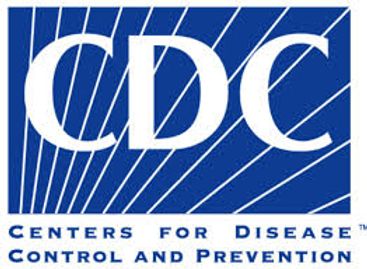What Is Meningitis?
Meningitis is a disease caused by the inflammation of the protective membranes covering the brain and spinal cord known as the meninges. The inflammation is usually caused by an infection of the fluid surrounding the brain and spinal cord. Meningitis is also referred to as spinal meningitis.
Meningitis may develop in response to a number of causes, usually bacteria or viruses, but meningitis can also be caused by physical injury, cancer or certain drugs. Many people, including approximately half of pre-school children, carry pneumococcal bacteria in the back of their nose and throat, and constantly pass them around by coughing, sneezing, and close contact. This is completely harmless most of the time. However, in a susceptible person, these bacteria can cause a wide range of disease, from fairly minor bronchitis and ear and sinus infections to life-threatening pneumonia, septicaemia (blood poisoning), and meningitis. Sometimes pneumococcal meningitis can develop from minor forms of the infection, such as earache.
Pneumococcal Meningitis is fatal in about 1 of 10 cases in children. 3,000 to 6,000 cases of meningitis are reported annually.
There are more than 90 types of pneumococcal bacteria. The new pneumococcal conjugate vaccine (PCV13) protects against 13 of them. These bacteria types are responsible for most severe pneumococcal infections among children. PCV13 is given to infants and toddlers, to protect them when they are at greatest risk for serious diseases caused by pneumococcal bacteria. PCV13 is recommended as a series of 4 doses, one dose at each of these ages: 2 months, 4 months, 6 months, and 12 through 15 months. (CDC, Meningitis Research Foundation)
Signs/Symptoms of Meningitis:
- Fever
- Vomiting
- Headache
- Stiff neck (Less common in young children)
- Very sleepy
- Dislike of bright lights
- Confused
- Rash (anywhere on the body, not present in all cases)
- Seizures





